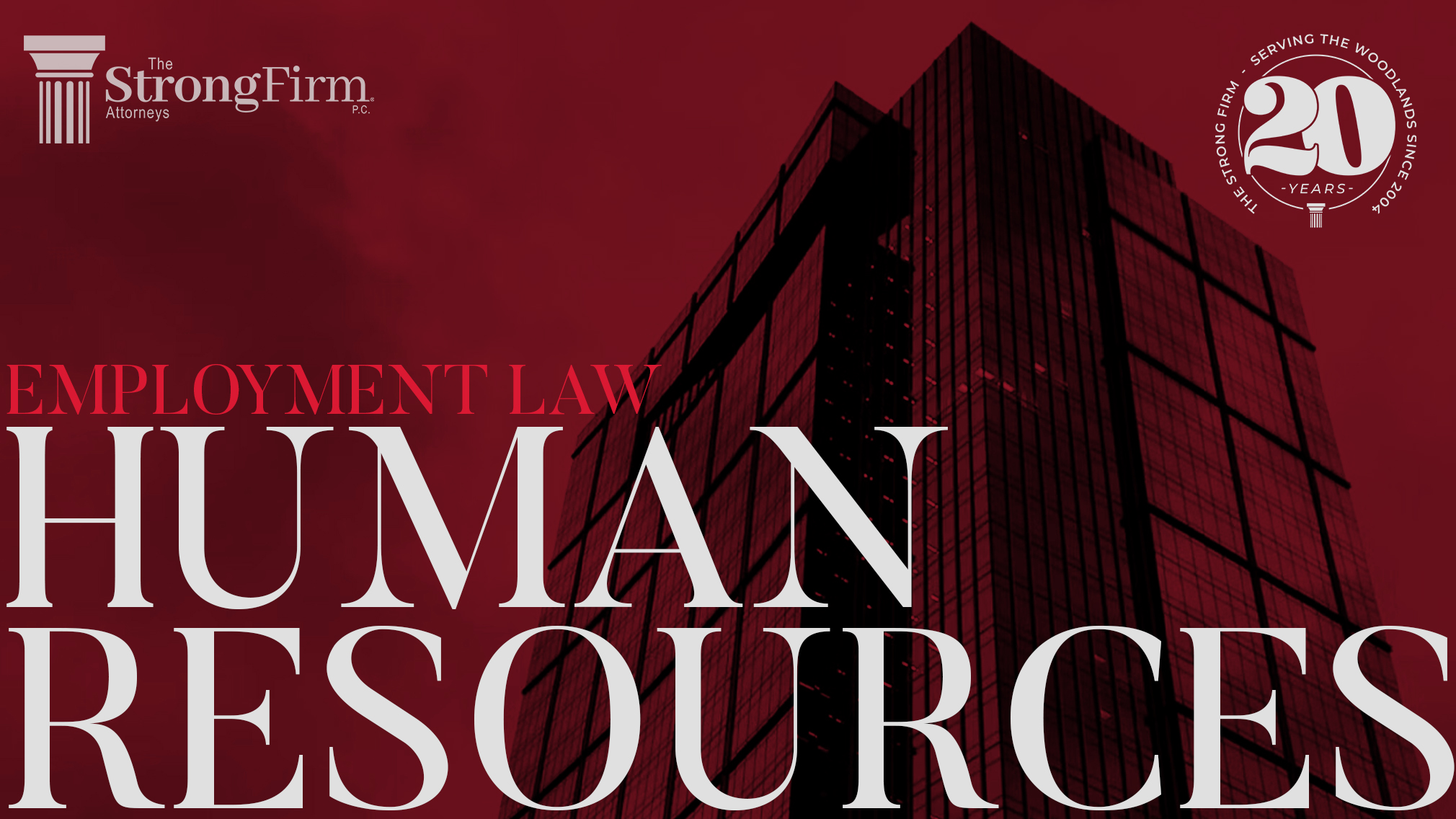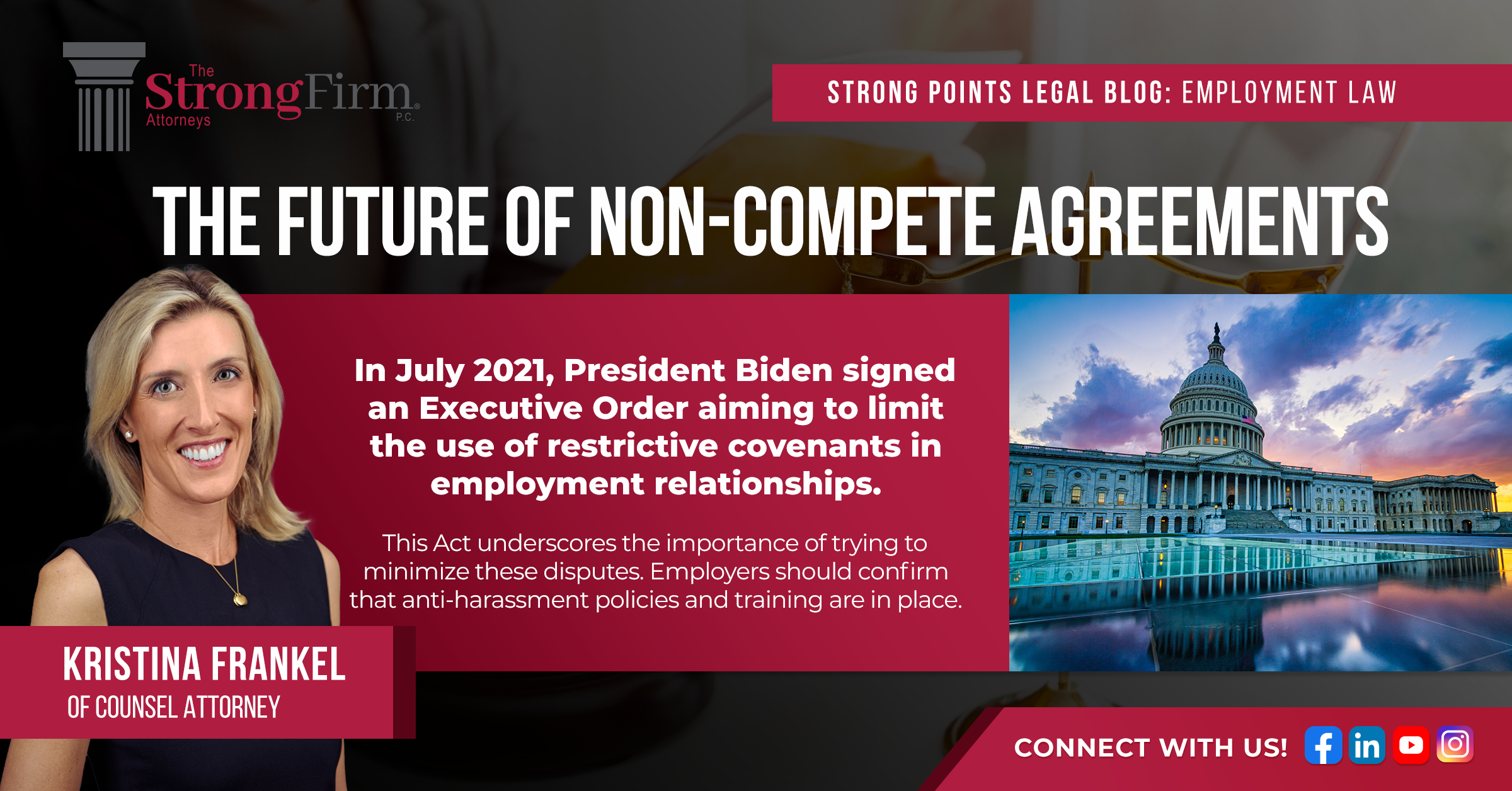I have heard, and even said, the following: “You have a Will even if you didn’t know it. The State of Texas wrote it for you.” Texas law provides the freedom for individuals to choose how their estate is distributed at death by executing a valid Last Will and Testament. When a person dies in Texas and they do not have a Will, the Texas Probate Code establishes the formula for asset distribution.
Property in Texas is classified as either real property or personal property. Also, Texas is a community property state. Thus, a decedent’s estate is broken down into separate real property, separate personal property, community real property and community personal property (assuming the decedent is a married person). Without a Will Texas law then determines who your heirs are for each type of property.
Not surprisingly, the Texas Probate Code does not have a favorite niece or nephew. Distribution is determined by how closely an heir was related to the decedent, with no consideration for the nature or quality of the relationship between the parties. Dying without a Will risks that the decedent’s property will not pass through to those people the decedent would have liked. Just a few examples are: (1) a married couple who have children from previous relationships will not inherit all the assets of their spouse at death; (2) gifts given to children during life are not considered during intestate distribution; (3) a single person whose close friends are more like family would not inherit; (4) situations surrounding adopted children; (5) an illegitimate child cannot inherit from their father unless specific criteria are met; and (6) stepchildren do not inherit from stepparents, unless adopted.
One final consideration is that even if the Texas Probate Code distribution is acceptable, dying without a Will can tie up assets for long periods of time. A proceeding is frequently required to determine the deceased person’s heirs. Yet another proceeding could be necessary to appoint an administrator to settle the estate and transfer title. It is possible the court could require the administrator to post bond to insure their duties are performed responsibly. In addition to time and complexity, legal fees and court costs for intestate proceedings invariably cost more than those proceedings where the decedent had a Will.
Bottom line is that dying without a Will in Texas can frequently be costly, time consuming and cause unnecessary frustration for the loved ones left behind. Taking time to create a simple Last Will and Testament, if properly drafted, can be an enormous benefit to those left behind.
Wendy Lambie
Phone: 281-367-1222
Fax: 281-210-1361




























